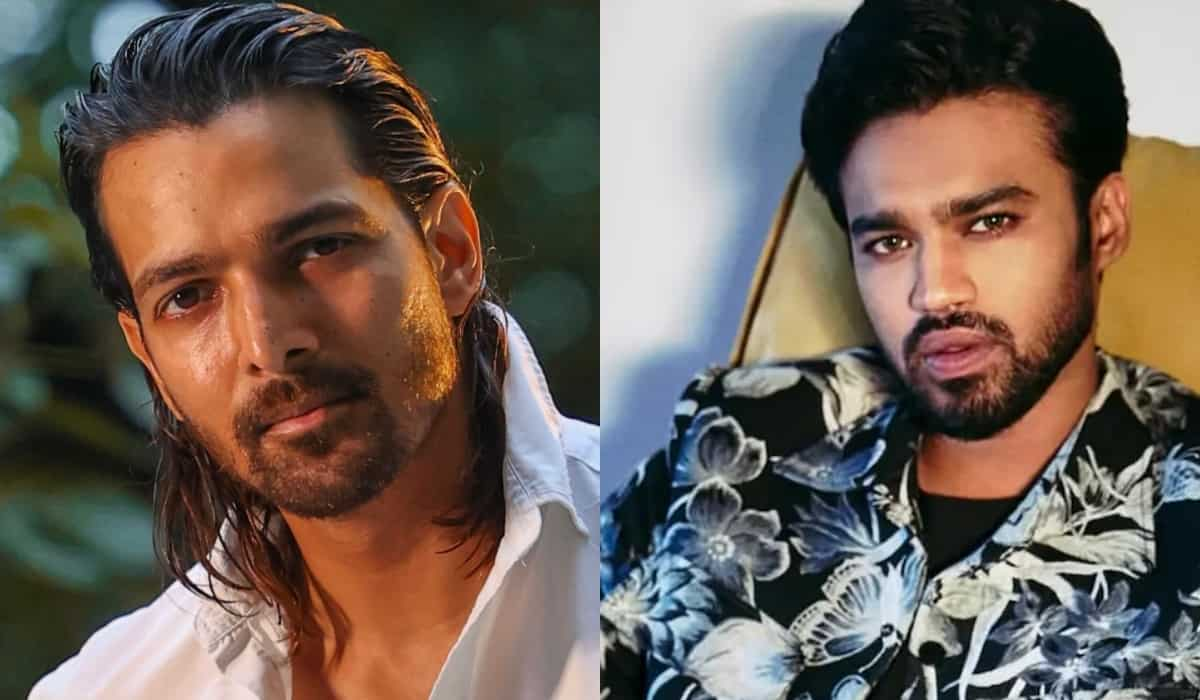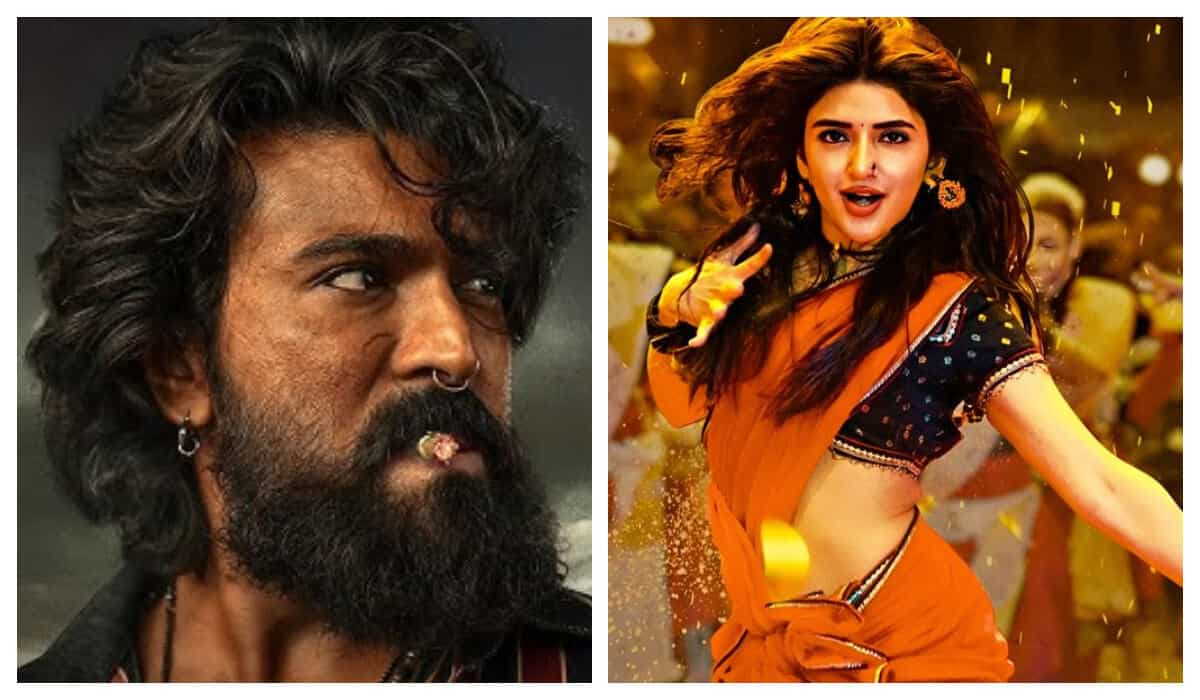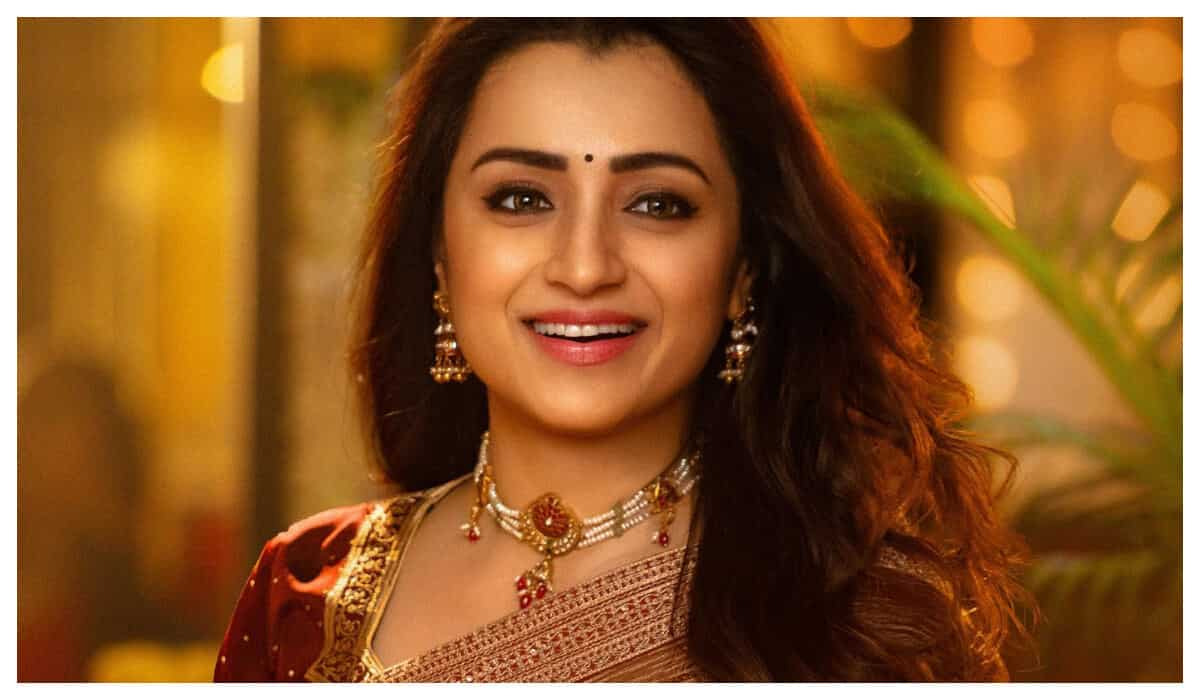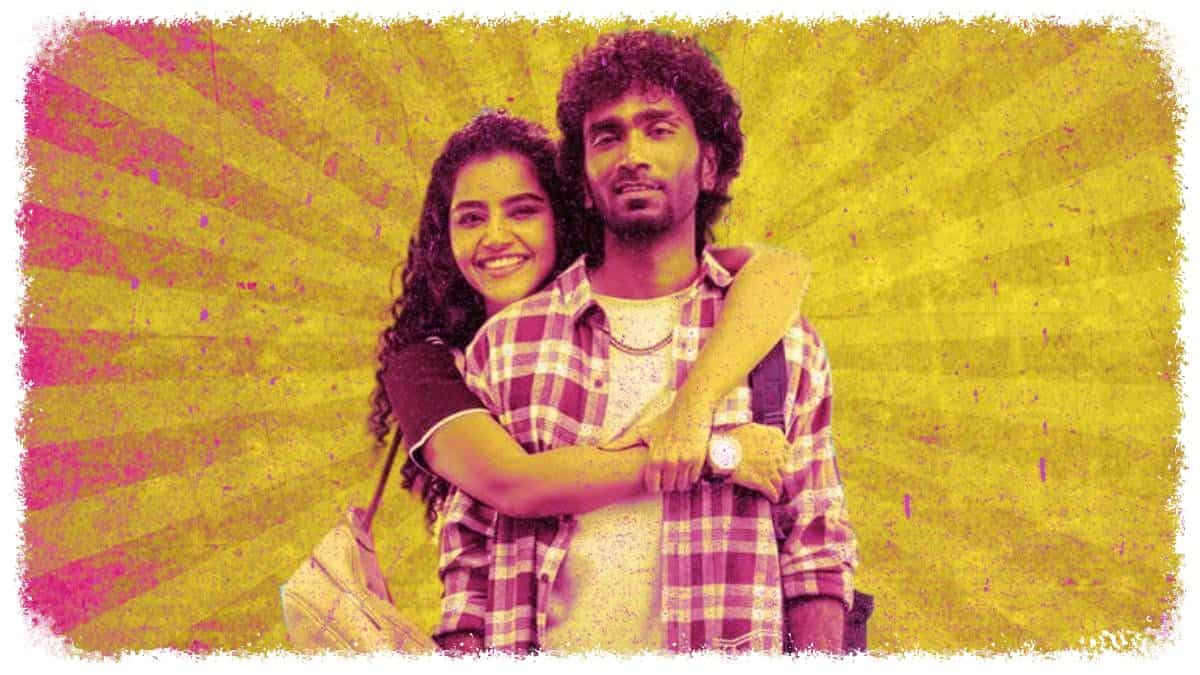
Ashwath Marimuthu Unplugged: ‘The Dragon’ Director on Winning Audiences Over
1 month ago | 5 Views
ASHWATH MARIMUTHU's film Dragon, featuring Pradeep Ranganathan, has become one of the few movies to be released on OTT (Netflix) while still performing strongly in theaters. The narrative revolves around a student who attempts to project a cool image in college by skipping classes, only to ultimately return to pursue his degree. This storyline has resonated with audiences from both rural and urban backgrounds. On one hand, the film addresses themes of youth and second chances; on another, it explores parental acceptance, the positive impact of teachers, and the enduring nature of care even when love fades. Viewers on social media have expressed how the film motivated them to address their own college arrears.
The director gained recognition as a finalist on Naalaya Iyakkunar, a groundbreaking television program aimed at discovering future directors in Tamil cinema. He made his directorial debut with the highly praised Oh My Kadavule, which also dealt with the theme of rectifying past mistakes. Following the release of Dragon, many have revisited his short films from the show. Below are edited excerpts from an engaging conversation:
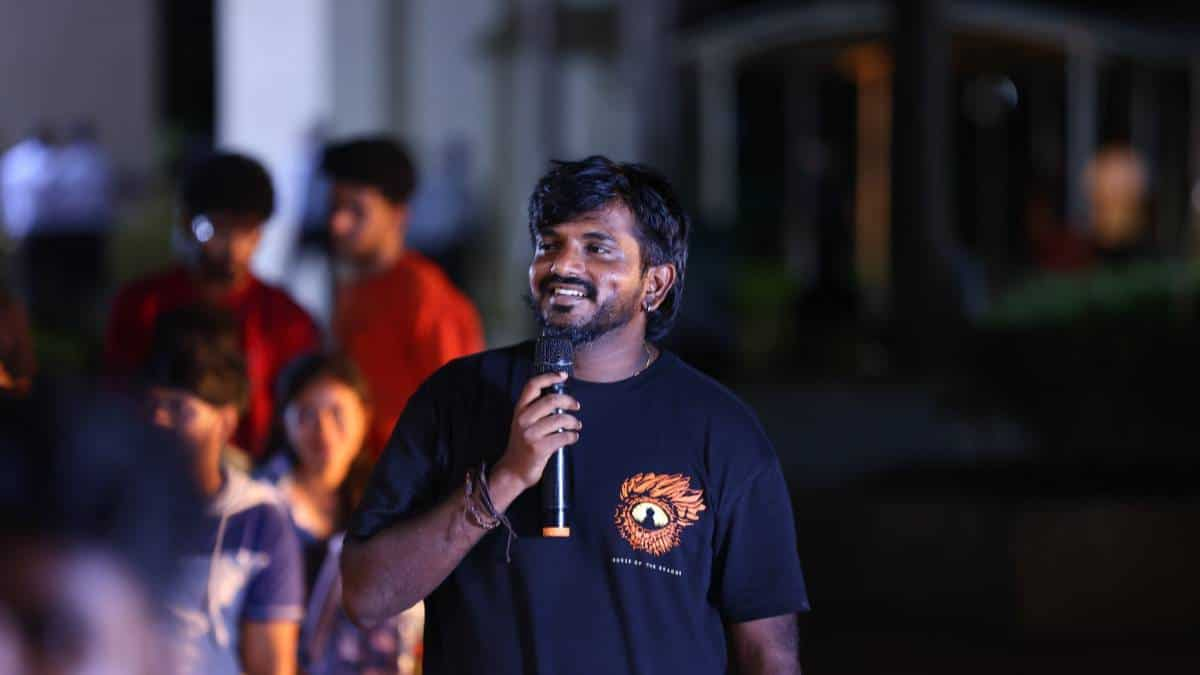
Both of your films revolve around the theme of second chances. One focuses on love, while the other emphasizes education. Do you personally believe in the concept of second chances?
I do not. This perspective is reflected in my films. While heroes in movies may receive second chances, real individuals often do not. I prefer that people remain conscious of their environment, exercise wisdom, and navigate life effectively.
"Dragon" has sparked mixed reactions, particularly following the release of its trailer. Was there any response that particularly affected you?
I edited the trailer in a specific manner to preserve the element of surprise, which contributed to the shift in audience perception once the film was released. The film was crafted with deep compassion, and viewers felt it was warranted for Raghavan to return to college to amend his past mistakes.
The response from both young audiences and families has been overwhelmingly positive. A 70-year-old grandmother, who is a cancer survivor, approached me at Apollo Hospital and shared that she had seen the film in theatres and that it had renewed her faith in humanity.
The film resonates strongly with middle-class audiences because it illustrates that success can be achieved without harming others along the way. It also highlights the value of hard work and the dignity associated with labour.
What type of freedom does achieving commercial success provide in terms of exploring innovative narratives and managing budgets? I recall creative producer Archana Kalpathi casually mentioning that there would be no budget limitations for my next project.
Ah! [laughs]. While Archana did say that, as a creator, I must adhere to a budget. She has confidence in my ability to stay within financial limits. Following a successful project, budgets tend to increase, and my value rises, but ultimately, the budget will be determined by the film's scope. I am capable of producing a film with a budget significantly lower than that of Dragon. The content should dictate the budget, rather than the reverse. That approach is not viable. I will continue to adhere to what is often referred to as my successful formula.
The central character of the film is Principal Mayilvahanan, portrayed exceptionally by Mysskin. This role represents a subtlety he has not previously explored.
I aimed to depict a well-read individual [he is seen browsing an Osamu Dazai manga in the car], a principled man. I wanted him to embody subtlety; I did not want him to fully open his eyes as seen in other films, opting instead for a more understated appearance with a matte spectacle frame. Additionally, casting Mysskin allows for the creation of an unpredictable character, which audiences will accept. While Raghavan may be the hero on paper, it is the principal who helps him discover the hero within himself.
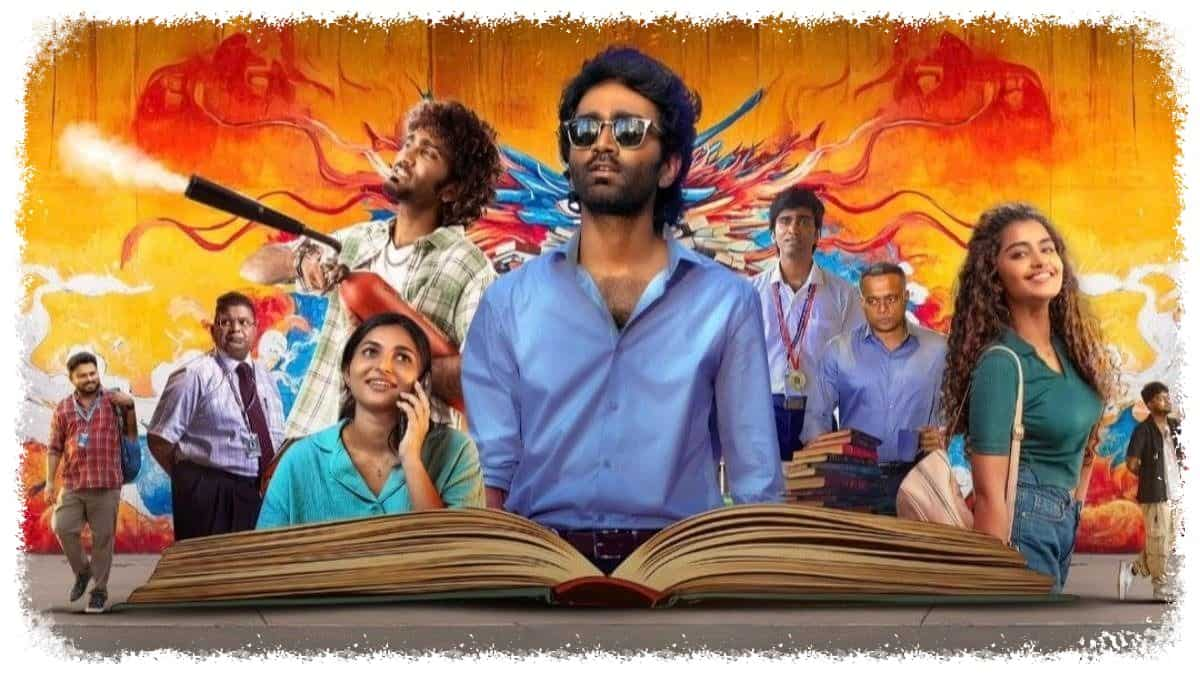
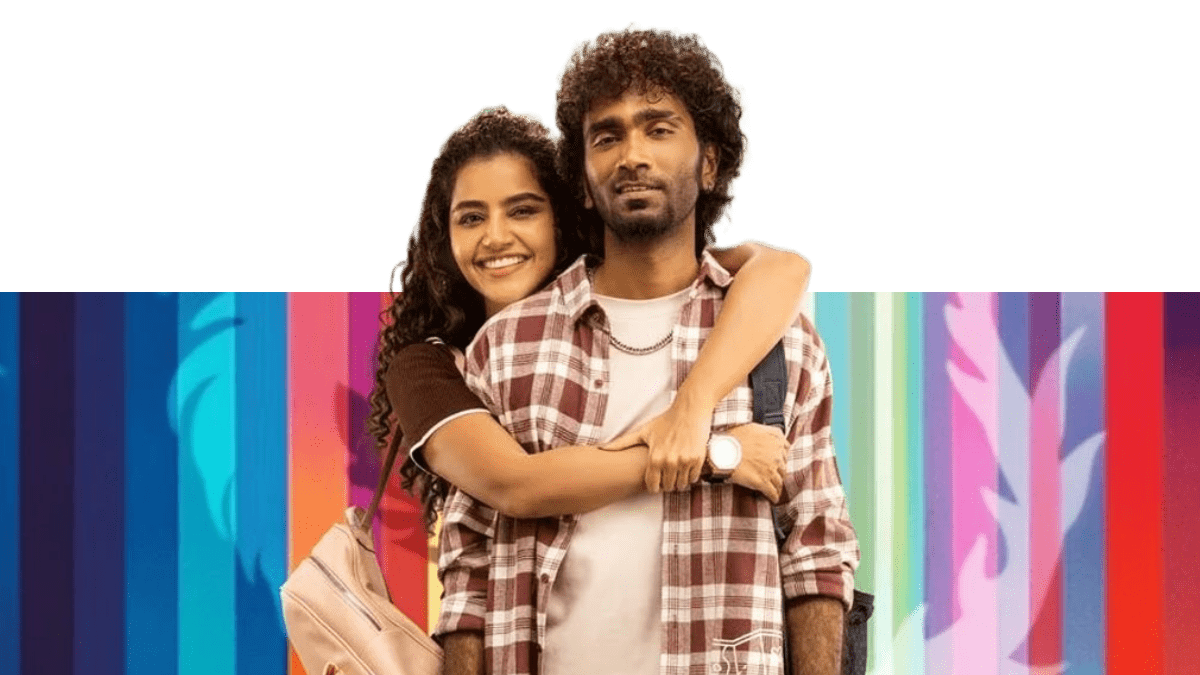
For example, I could not envision casting someone like Nasser sir in a role where the character would arrange his daughter's marriage to a former student, as he does not exude an air of unpredictability. In contrast, I can easily do this with Mysskin, given his inherently unpredictable nature in real life, which enhances the character he portrays.
The same holds for Mariam George sir, who embodies the father, Dhanapal. His body language effectively conveys his naivety. Both of these characters play a crucial role in shaping the film's narrative.
Now, let us discuss Principal Mayilvahanan. While he is not portrayed as a negative character, he introduces significant challenges to Raghavan’s life. He possesses a quiet dignity and serves almost as a father figure. His conscientious nature is something that your writing acknowledges and respects.
After developing Raghavan’s character, when I was constructing his world, Mayilvahanan emerged as a key figure. I found the concept intriguing—a principal and a student who has discarded his ID card encounter each other at various stages of life. The principal embodies a strong moral compass; he is ethical and, despite the upheaval he brings to Raghavan’s life, he genuinely wishes for Raghavan to succeed. He views his students as his children and is determined to ensure they do not stumble. His desire is for Raghavan to build a solid foundation for his future, grounded in an authentic degree.
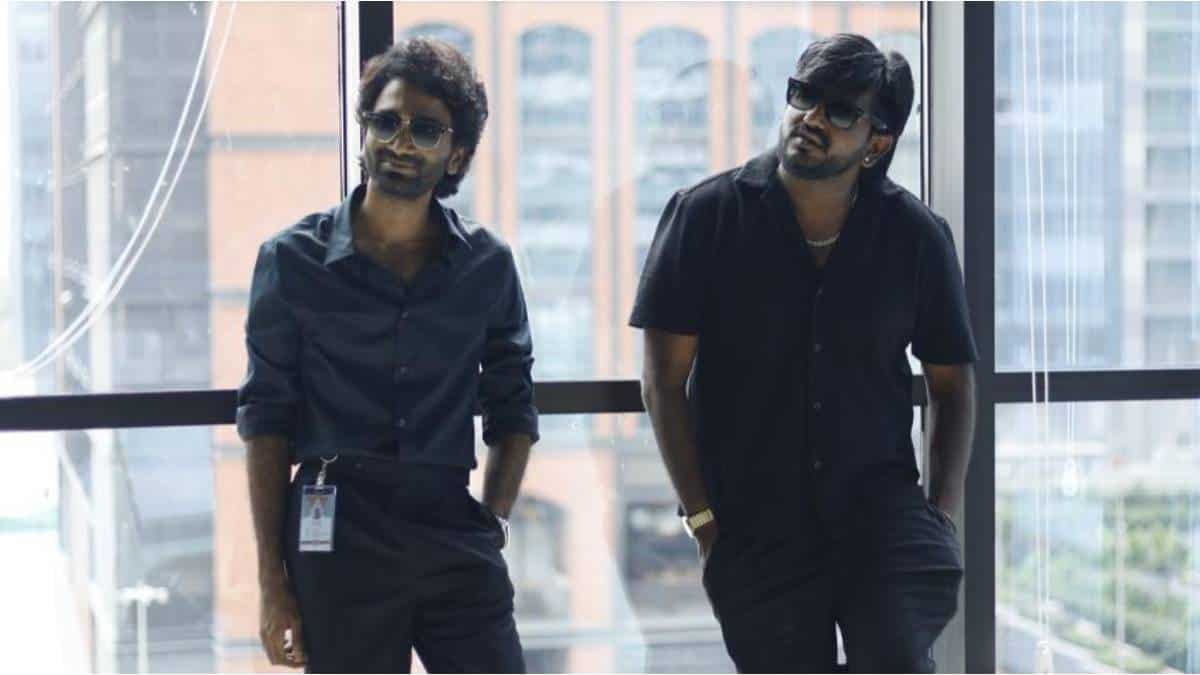
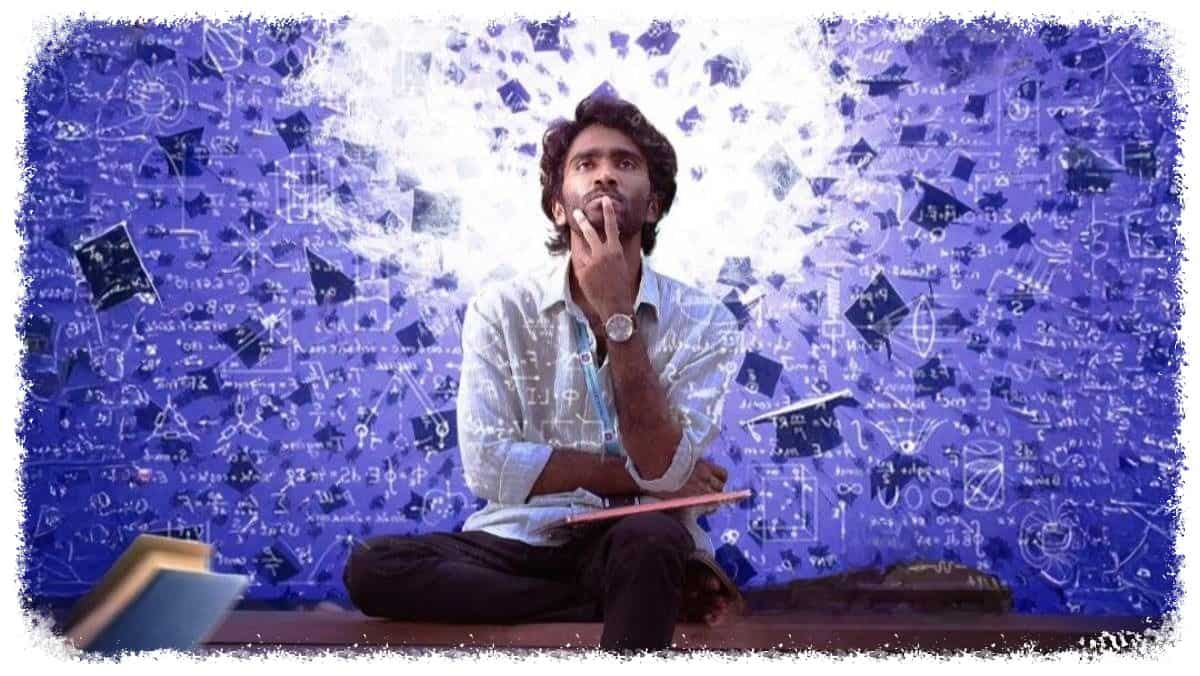
You have mentioned that certain elements of Dragon are inspired by your personal experiences. Additionally, you shared about staying in friends' rooms, similar to the film, and how they supported you financially to create short films.
Indeed, those aspects reflect my own life. The characters of the principal and the father are modelled after individuals I know—specifically, my college principal and my father. I drew inspiration for the principal's attire, including the tucked-in trousers and golden eyeglass frame, from him. The loose checked shirts, the cloth bag, and the mannerisms of Dhanapal are influenced by my father.
Regarding Dhanapal, it is rare to see father-son relationships depicted on screen, making this portrayal quite refreshing in a subtle manner.
This too is drawn from my life. Dhanapal is a child born after a significant wait, leading his parents to cherish him deeply. They have high hopes for him, yet there is no overwhelming pressure. My father often reassured me by saying, “It’s alright, prioritize your health; that’s what matters,” even during challenging times. This is the kind of father I have known, which is why Dhanapal is characterized in this way—he is a father who embraces his son without judgment.
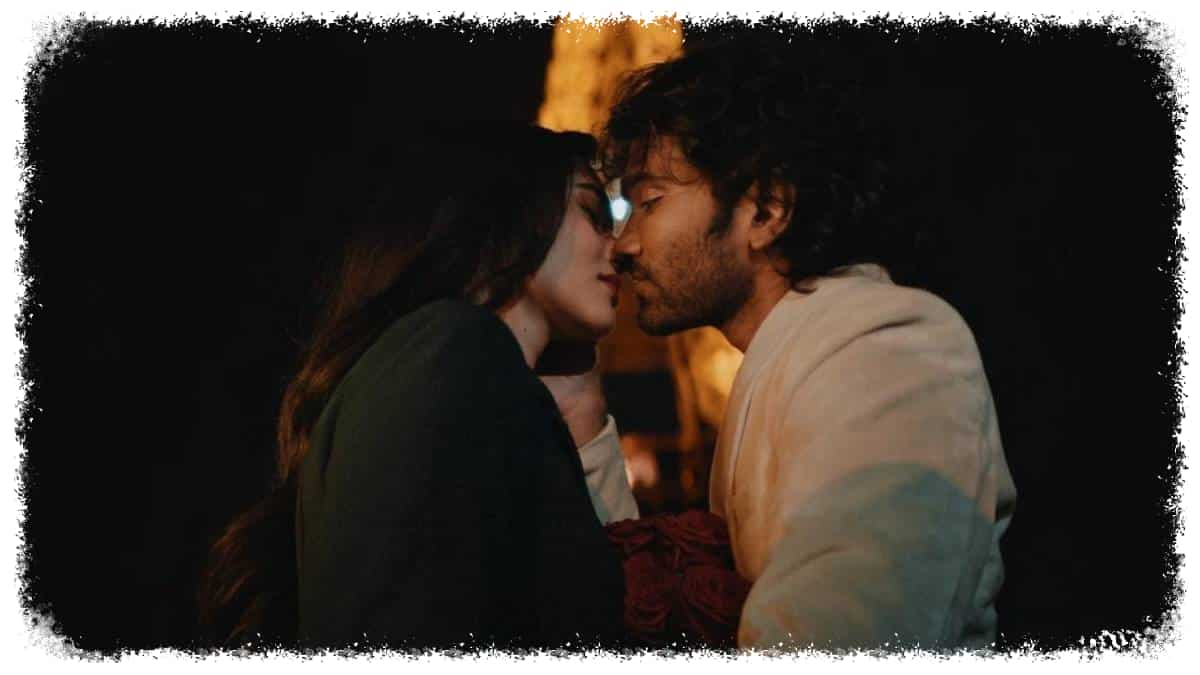
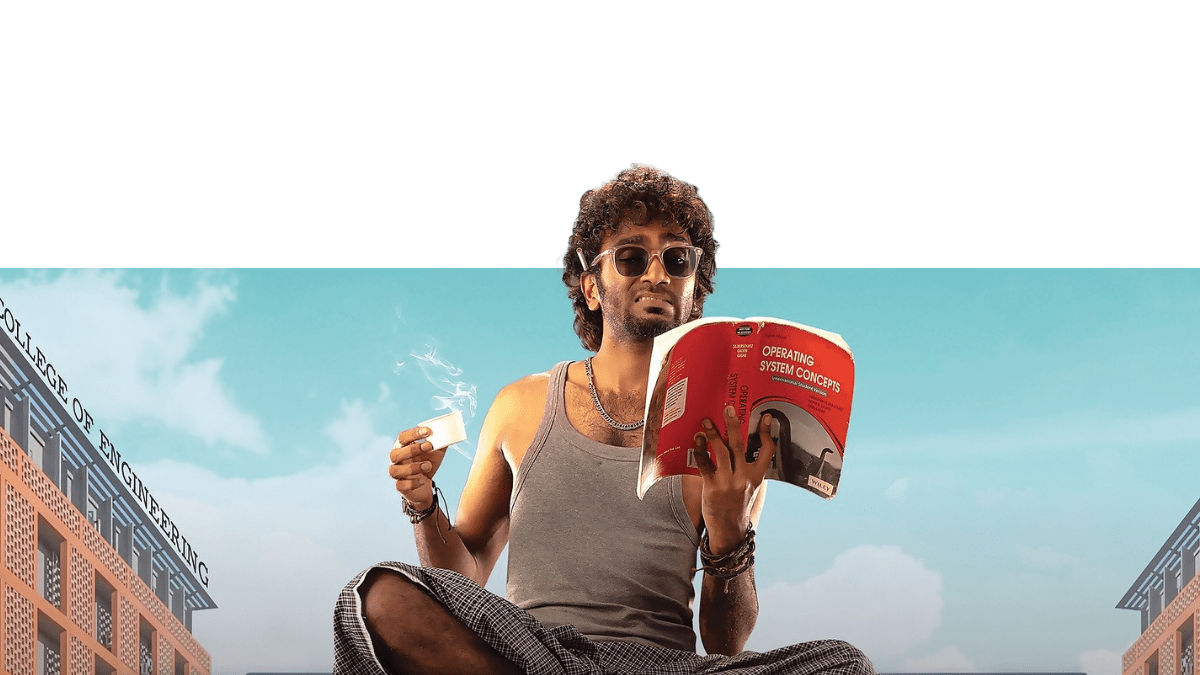
Ashwath, you are recognized for your commitment to your team, whether it involves composer Leon James, actors from Naalaya Iyakkunar to Oh My Kadavule!, or your college friend Pradeep. What drives this strong sense of loyalty?
The answer is straightforward. I believe it is essential to support those who stood by you during your most challenging times. When others were hesitant to collaborate with me, Leon wholeheartedly contributed to OMK, resulting in beautiful music. Why would I want to disrupt that partnership? He comprehends that I convey narratives through music. When I share an idea with him, he invests his utmost effort. While many prefer to maintain this collaboration, I also wish for Leon to collaborate with other directors, just as he encourages me to work with different composers. It is a wonderful creative journey.
I believe that bringing along your team reflects your character. I dislike disappointing others. Now that I have the opportunity to assist some individuals, I feel it is my responsibility to do so. Regarding Pradeep, after his success with the 100-crore hit Love Today, he expressed a desire to work with me. I believe I have provided him with a project that aligns with my artistic vision while also appealing to his fans from Love Today.

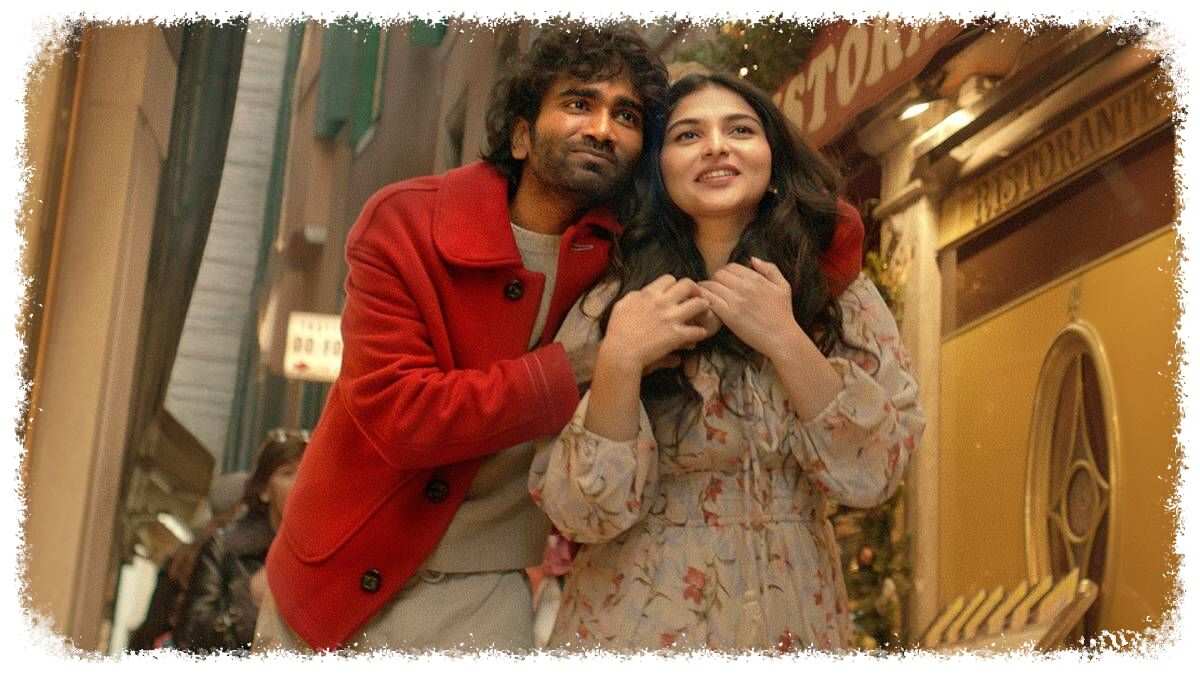
Two successful films, the most recent being a major hit… is this a matter of pressure or responsibility?
I would argue that it is a source of joy. The audience supports those who endeavour to convey a specific type of narrative, accompanied by a sense of responsibility. What more could a director ask for?
While watching Naalaya Iyakkunar, your remarkable clarity of thought at such a young age, despite limited industry experience, was evident. Recently, KG Jayavel, the show's producer, commented on this. What do you attribute this insight to?
I am thankful that people perceive it that way. My motivation stemmed from a strong desire to create films with the resources at hand, which required me to make decisions daily. Additionally, one's upbringing and emotional support play a significant role in eliminating confusion.
You remade OMK in Telugu (as Ori Devuda) and in Kannada as well. There were intentions for a Hindi adaptation. In today’s context, do you believe remakes are necessary?
Although my Hindi version did not come to fruition, I hope someone else brings it to life. Currently, I believe it is more beneficial to focus on creating content in one language and then adapting it for others. For instance, Dragon has been successful in both Telugu and Hindi. Even streaming platforms are increasingly seeking content with pan-India appeal that is rooted in local narratives.
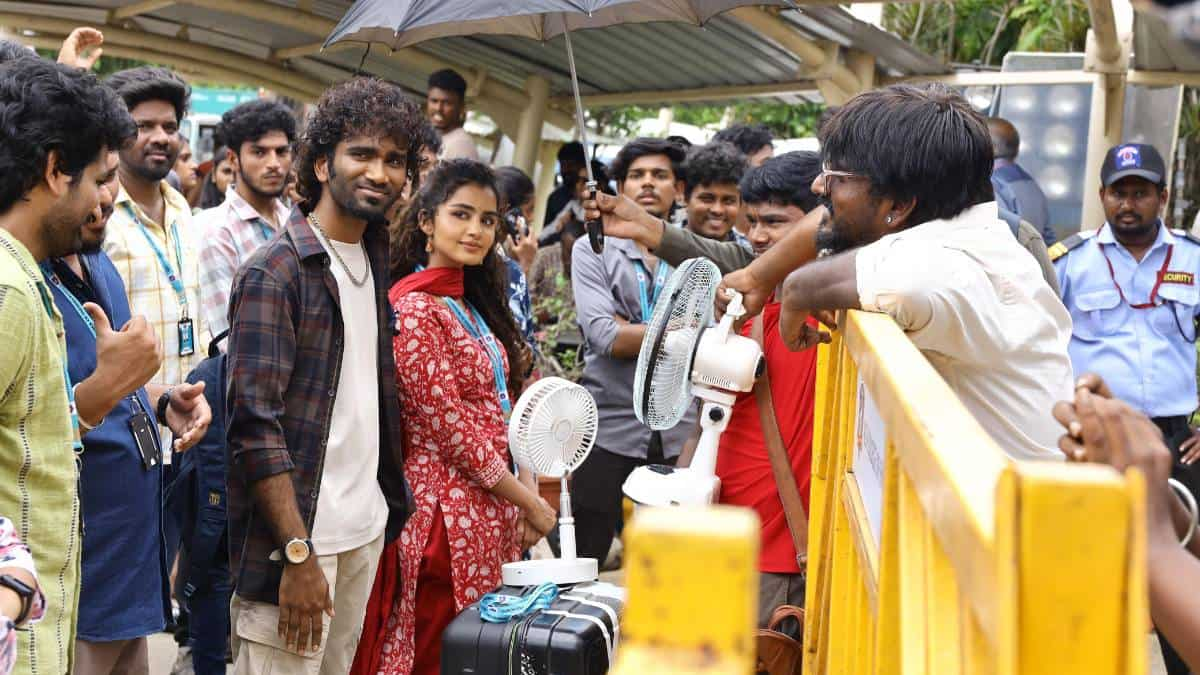
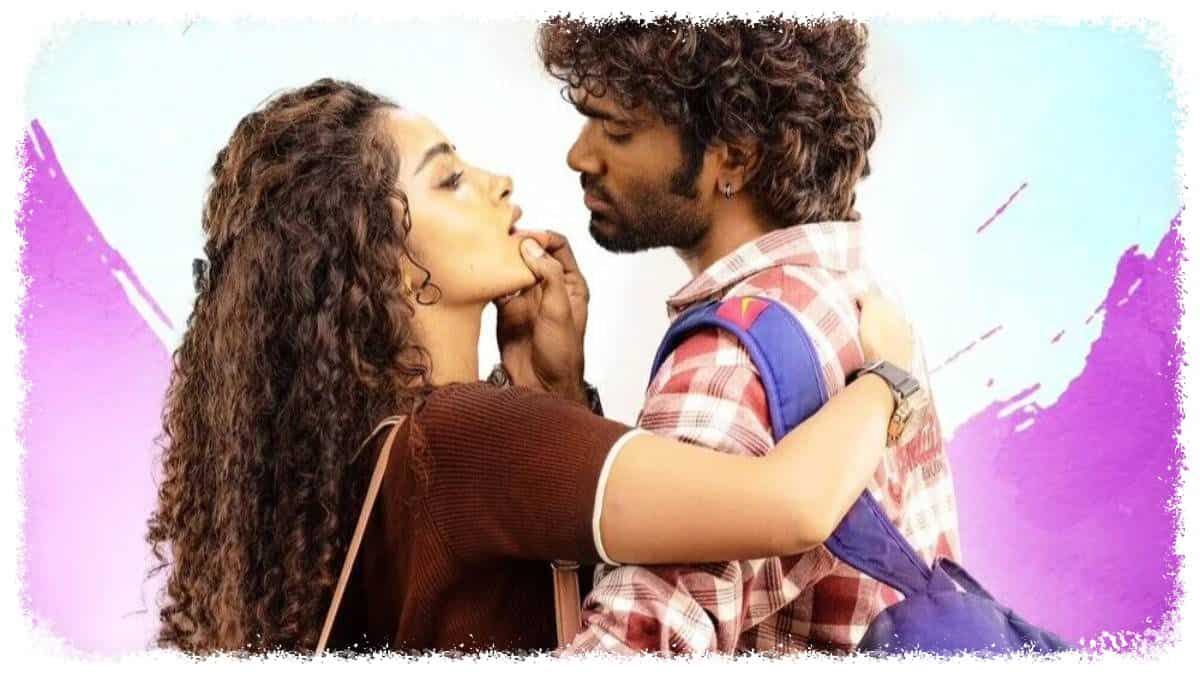
Among the two protagonists, Keerthi experiences a character development where she overcomes her past and chooses to assist others. Some audience members have expressed concerns regarding her reappearance in a different capacity in Raghavan’s life, despite having been mistreated. Do you believe there is a disconnect between intent and perception for some viewers?
I do not believe that is the case at all. My intentions in writing align with public perception. It resembles the concept of crime and punishment; Raghavan acknowledges his wrongdoings and is thankful for Keerthi’s support. She is recognized for her ability to set aside the past to help others. A young woman even reached out to share that she had a similar experience. What Keerthi embodies is simply her humanity.
In a recent statement, following the film's success in surpassing 100 crores, you mentioned your intention to "correct the mistakes in this film for my next." Reflecting on this, what would you have approached differently?
It is essential to take feedback from your current film into account for future projects. From the audience who enjoyed the film, I learned that certain language choices were not well-received. I included those elements for authenticity and realism, but I now understand that some viewers preferred a more subdued approach. This is something I will consider moving forward. Additionally, I received feedback indicating that the audience does not want me to alter my style for the sake of stars, and I intend to adhere to that principle, as ultimately, our goal is to create films for the audience.
Read Also: Kalki Koechlin Recalls Explosive Moment After Producer Suggested Fillers
Get the latest Bollywood entertainment news, trending celebrity news, latest celebrity news, new movie reviews, latest entertainment news, latest Bollywood news, and Bollywood celebrity fashion & style updates!
HOW DID YOU LIKE THIS ARTICLE? CHOOSE YOUR EMOTICON!
#


